Looking for an exciting, unique career away from the traditional office and 9-5 routine? As part of the Deck Crew, you’ll have the opportunity to travel the world and earn a good wage at the same time.
Working under the supervision of deck officers, you’ll ensure the safe and efficient operation of the ship including mooring the ship to docks and buoys, operating and maintaining deck equipment, conducting safety drills and maintaining emergency equipment, and assisting with cargo operations.
Starting as a Trainee Seaman, you’ll gain the skills and experience you need to advance your career. Once you’ve accumulated 36 months of experience at sea, you’ll have the opportunity to undertake a fast track course to become a deck officer.
1000

Lorem ipsum dolor sit amet, consectetur adipiscing elit. Ut elit tellus, luctus nec ullamcorper mattis, pulvinar dapibus leo.
Working at sea can be physically and mentally demanding, but the satisfaction of a job well done can be very rewarding.
The dynamic and ever-changing environment at sea can be both challenging and exciting, and offers a unique work experience that sets it apart from traditional land-based careers.
Life at sea can foster a strong sense of community, as crew members work and live closely together for extended periods of time.
Lorem ipsum dolor sit amet, consectetur adipiscing elit. Ut elit tellus, luctus nec ullamcorper mattis, pulvinar dapibus leo.
There are a variety of opportunities available for Deck Officers, including the Royal Navy, the Coast Guard, passenger ferries, super yachts, cruise ships, container ships, gas tankers, and more.
You don't need formal qualifications to start a career as a deckhand. Relevant knowledge and experience is an asset and you must have a seafarer medical certificate and complete your STCW Basic Training Certificates but the you are good to go.
The dynamic and ever-changing environment at sea can be both challenging and exciting, and offers a unique work experience that sets it apart from traditional land-based careers.
Working at sea offers a chance to travel and see the world, visiting ports and destinations that many people may never have the opportunity to experience.
There will be many opportunities to advance your career in the maritime industry, and the skills and experience you'll gain working at sea can be valuable for all kinds of future job opportunities.
Many careers at sea offer competitive salaries, health insurance, and other benefits which suit those looking for financial stability.
Becoming a Deckhand is an entry level job and does not require any formal academic qualifications. You must be over 18 years old and have good physical fitness. Some basic knowledge and experience of seamanship would be an asset. To begin a career at sea you will be required to pass a Seafarer Medical Certificate (ENG1 Seafarer Medical Certificate) and complete your Standards of Training, Certification and Watchkeeping for Seafarers (STCW) basic training certificates including Elementary First Aid, Fire Prevention and Fire Fighting, Personal Safety and Social Responsibility, Personal Survival Techniques, and Proficiency in Security Awareness. Some companies will provide these as part of your training so check what is required before you apply or start taking courses.
Once aboard, you’ll receive lots of on-the-job training to build up your knowledge and skills. After 6 months of sea experience, if you meet the criteria, you can apply for a Watch Rating Certificate. After 36 months of seafaring experience, you can then undertake a fast track course (HNC Nautical Science) to become a Deck Officer and gain your Certificate of Competency as an Officer of the Watch. After 2 years of sea experience, if you meet the criteria, you can then apply for an Able Seafarer Deck Certificate.
If you’re unsure what level you should be applying for you can find out more how all of the levels compare here
How do I start bullets



Becoming a Deckhand is an entry level job and does not require any formal academic qualifications. You must be over 18 years old and have good physical fitness. Some basic knowledge and experience of seamanship would be an asset. To begin a career at sea you will be required to pass a Seafarer Medical Certificate (ENG1 Seafarer Medical Certificate) and complete your Standards of Training, Certification and Watchkeeping for Seafarers (STCW) basic training certificates including Elementary First Aid, Fire Prevention and Fire Fighting, Personal Safety and Social Responsibility, Personal Survival Techniques, and Proficiency in Security Awareness. Some companies will provide these as part of your training so check what is required before you apply or start taking courses.
Once aboard, you’ll receive lots of on-the-job training to build up your knowledge and skills. After 6 months of sea experience, if you meet the criteria, you can apply for a Watch Rating Certificate. After 36 months of seafaring experience, you can then undertake a fast track course (HNC Nautical Science) to become a Deck Officer and gain your Certificate of Competency as an Officer of the Watch. After 2 years of sea experience, if you meet the criteria, you can then apply for an Able Seafarer Deck Certificate.
If you’re unsure what level you should be applying for you can find out more how all of the levels compare here
Copyright © Southcoast Institute of Technology 2026
Feeder courses are…
Lorem ipsum dolor sit amet, consectetur adipiscing elit. Curabitur laoreet dui non elementum venenatis. Fusce ultricies non neque id cursus. Duis dictum nibh nec leo convallis pellentesque. Curabitur lacus ligula, tempus bibendum est eget, pellentesque dignissim nunc. Maecenas dapibus nibh eget sem tincidunt